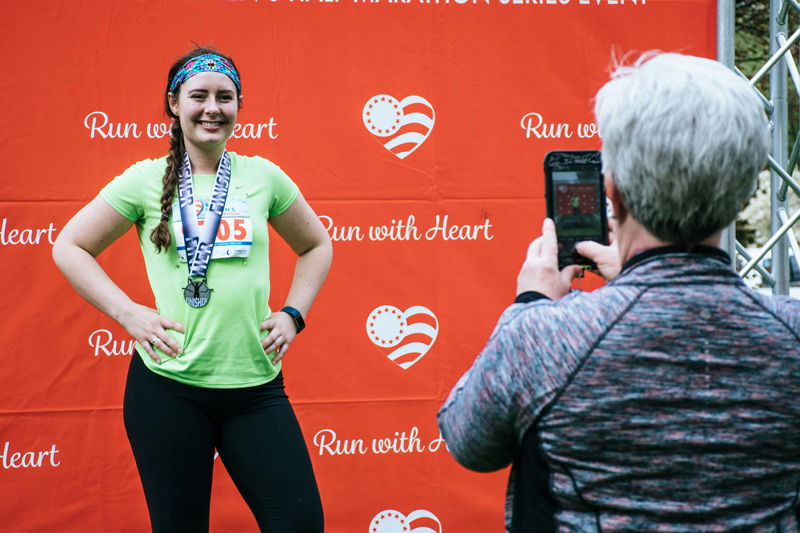Marathons used to be the pinnacle of running achievements. The ultimate bucket-list challenge. Yet these days, scroll through social media and it feels like someone’s running one every weekend. The finish line photos, the medal selfies, the Strava uploads – it’s everywhere.
But have we normalised the marathon?
Because here’s the thing – less than 1% of the population will ever run a marathon in their lifetime. That’s how rare it is. And yet, the way we talk about running online, you’d think everyone’s doing it.
How Social Media Has Changed the Way We See Marathons
Don’t get me wrong, I love how running communities have exploded online. Seeing friends, influencers and everyday runners sharing their marathon journeys can be hugely motivating. It gets more people outside, and that’s always a good thing.
But there’s a flipside. When something becomes so visible, it can start to look normal. Marathons used to be a once-in-a-lifetime challenge for many, but now they’re often portrayed as just another event on the calendar.
If you’re not careful, it’s easy to forget how much time, effort and energy goes into getting to that start line, never mind the finish.
A Marathon Is a Long Way – Let’s Not Forget That
It’s funny how quickly we can lose perspective. A marathon is 26.2 miles. Twenty-six. Point. Two. That’s a long way to drive, let alone run.
The training takes months – usually 16 to 20 weeks of structured sessions, long runs, cross-training and recovery. You’ll spend weekends running further than you ever imagined, plan your life around your training, and fuel yourself like an endurance athlete because, well, that’s exactly what you are.
A marathon isn’t “just another long run”. It’s a huge physical and mental challenge that demands discipline, patience and a lot of self-belief.
The Physical (and Mental) Toll of Marathon Running
Even if you finish your race feeling on top of the world, the marathon leaves its mark. The toll on your body is real – muscles ache, joints complain, and your immune system takes a hit.
Most experts recommend at least two to three weeks of proper recovery, and often up to six, before you’re fully back to normal. It’s why stacking marathons back-to-back, though impressive, isn’t sustainable for most runners.
Your body needs time to repair and rebuild. Jumping straight into another race or high mileage block can lead to fatigue, burnout, or injury.
The Pressure to Keep Going
Social media has a funny way of making us feel like we’re never doing enough. When everyone’s signing up for multiple marathons, ultras or back-to-back challenges, it’s easy to feel like you should be too.
But remember, your running journey is your own. There’s no rule that says you have to go further or faster every time. Some runners love chasing big goals, others prefer running for fun and fitness – both are perfectly valid.
Running should enhance your life, not take over it.
Let’s Celebrate the Distance Again
Maybe it’s time we stop treating the marathon like it’s just another Sunday run, and remember how special it really is.
Running 26.2 miles is extraordinary. It’s emotional, demanding, and something to be proud of. Whether it’s your first marathon or your fifteenth, it deserves to be celebrated.
So if you’ve run one – or are training for your first – take a moment to appreciate what that means. You’ve joined a tiny fraction of the world’s population who’ve achieved something incredible.
Because no matter how many finish line photos we see online, running a marathon will never be ordinary.


